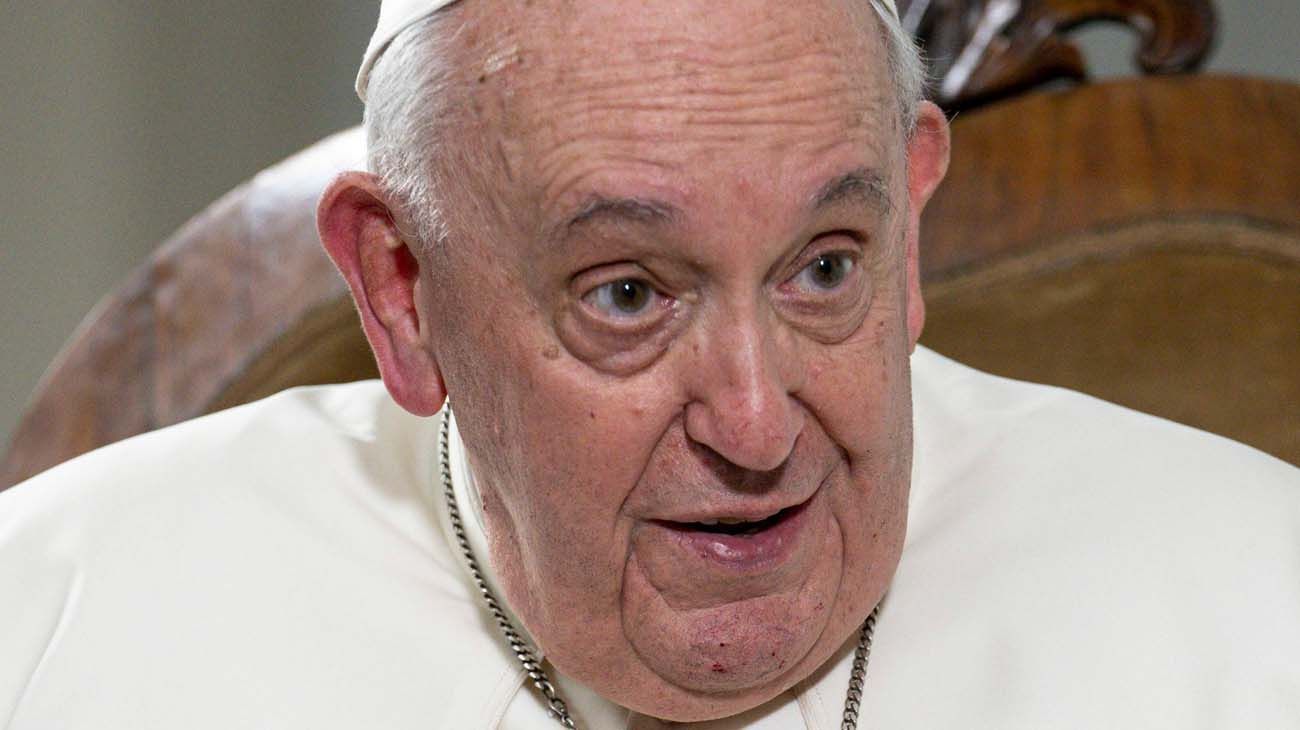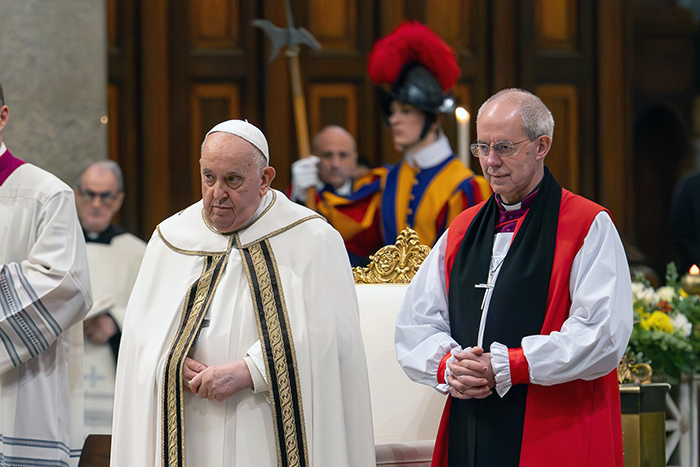Message of Abbot Paul - Monday - 26th February 2024
Abbot Paul • February 25, 2024


Today’s Gospel is taken from Luke, (Lk 6:36-38). “Jesus said to his disciples: ‘Be compassionate as your Father is compassionate. Do not judge, and you will not be judged yourselves; do not condemn, and you will not be condemned yourselves; grant pardon, and you will be pardoned. Give, and there will be gifts for you: a full measure, pressed down, shaken together, and running over, will be poured into your lap; because the amount you measure out is the amount you will be given back.’” That is the text of the Gospel passage. Today, for a change, but also to challenge us, I will reproduce part of the commentary Pope Francis gave on it at a Papal Audience on 21st September 2016. I love Pope Francis, as I have loved every Pope I have lived under, and am always deeply moved by his teaching.
The Church can be nothing other than a sacrament of God’s mercy in the world, at every time and for all of mankind. Every Christian, therefore, is called to be a witness of mercy, and this happens along the path of holiness. Let us think of the many saints who became merciful because they allowed their hearts to be filled with divine mercy. They embodied the Lord’s love, pouring it into the multiple needs of a suffering humanity. Within the flourishing of many forms of charity you can see the reflection of Christ’s merciful face.
We ask ourselves: What does it mean for disciples to be merciful? Jesus explains this with two verbs: “forgive” (Lk 6:37) and “give” (v. 38).
Mercy is expressed, first of all, in forgiveness: “Judge not, and you will not be judged; condemn not, and you will not be condemned; forgive, and you will be forgiven” (v. 37). Jesus does not intend to undermine the course of human justice, he does, however, remind his disciples that in order to have fraternal relationships they must suspend judgment and condemnation. Forgiveness, in fact, is the pillar that holds up the life of the Christian community, because it shows the gratuitousness with which God has loved us first.
The Christian must forgive! Why? Because he has been forgiven. All of us who are here today, in the Square, we have been forgiven. There is not one of us who, in our own life, has had no need of God’s forgiveness. And because we have been forgiven, we must forgive. We recite this every day in the Our Father: “Forgive us our sins; forgive us our trespasses as we forgive those who trespass against us”. That is, to forgive offences, to forgive many things, because we have been forgiven of many offences, of many sins. In this way it is easy to forgive: if God has forgiven me, why do I not forgive others? Am I greater than God? This pillar of forgiveness shows us the gratuitousness of the love of God, who loved us first. Judging and condemning a brother who sins is wrong. Not because we do not want to recognize sin, but because condemning the sinner breaks the bond of fraternity with him and spurns the mercy of God, who does not want to renounce any of his children. We do not have the power to condemn our erring brother, we are not above him: rather, we have a duty to recover the dignity of a child of the Father and to accompany him on his journey of conversion.
Jesus also indicates a second pillar to us who are his Church: “to give”. Forgiveness is the first pillar; giving is the second pillar. “Give, and it will be given to you.... For the measure you give will be the measure you get back” (v. 38). God gives far beyond our merits, but He will be even more generous with those who have been generous on earth. Jesus does not say what will happen to those who do not give, but the image of the “measure” is a warning: with the measure that we give, it is we who determine how we will be judged, how we will be loved. If we look closely, there is a coherent logic: the extent to which you receive from God, you give to your brother, and the extent to which you give to your brother, you will receive from God!
Merciful love is therefore the only way forward. We all have a great need to be a bit more merciful, to not speak ill of others, to not judge, to not “sting” others with criticism, with envy and jealousy. We must forgive, be merciful, and live our lives with love.
Pope Francis









